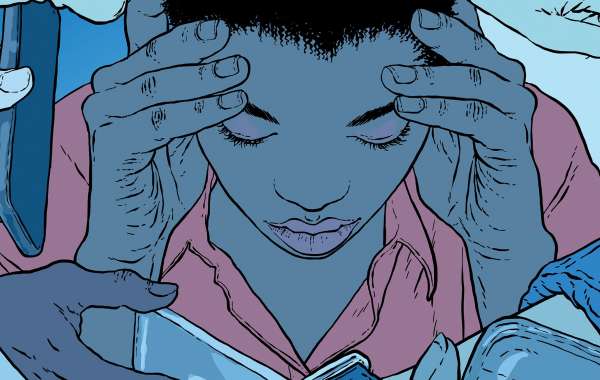Anxiety is a disorder that affects a person's life. This disorder can cause panic and phobias. There are several types of anxiety disorders, including: Medication-induced anxiety disorder, Specific phobias, Selective mutism, and Panic disorder. Thankfully, there are treatment options for these disorders that can help you deal with your symptoms.
Panic disorder
Panic disorder is a chronic anxiety disorder characterized by recurrent and unexpected panic attacks. It can be a disabling condition, and a professional diagnosis is necessary to start treatment.
The symptoms of panic and anxiety disorders are common, but they can be difficult to identify. Many people experience physical symptoms such as chest pain, shortness of breath, sweating, and trembling. Some people can also have symptoms such as abdominal discomfort, lightheadedness, and palpitations.
Several researchers have found that parts of the brain are linked to fear and panic. These parts include the GABA, NPY, and monoamine oxidase (MAO) systems. There is evidence that a specific gene, known as the catechol-O-methyltransferase (COMT) gene, is involved in panic disorder susceptibility. However, the genes are not yet well-defined.
Specific phobias
Specific phobias are anxiety disorders that develop when a person experiences an intense fear or dread about a specific object or situation. This fear or dread is out of proportion to the threat posed by the object or situation.
People with phobias often feel depressed, anxious, and are unable to function normally. They also have an increased risk of attempting suicide. However, it is not clear why people with specific phobias are at a higher risk. It is thought that comorbidity with other mental disorders may be a factor.
In the United States, about 6.3 million adult Americans are affected by specific phobias. These phobias typically start in childhood or adolescence. The symptoms of specific phobias usually disappear over time.
Specific phobias tend to affect women more than men. Women are twice as likely as men to develop animal and situational phobias.
Selective mutism
Selective mutism and anxiety are two of the most common problems that people with this condition have to deal with. Usually, the disorder begins in childhood. Then it continues throughout adolescence and even into adulthood. However, if the problem is treated early, it can be effectively dealt with.
In addition to the social anxiety that selective mutism often creates, it can also affect a person's self-esteem. It can have a negative effect on their education, and it can even result in a speech and language disability.
As an anxiety disorder, it can be treated with medication. Medication usually starts at age 9 or 10 and is used for a period of time. Once the person has learned how to deal with their feelings of anxiety, the medication may stop.
Medication-induced anxiety disorder
The effects of medications can have a negative effect on mental health. There are many prescription and over-the-counter medications that can cause anxiety symptoms.
If you have anxiety, your healthcare provider may recommend an antidepressant. Antidepressants help alleviate anxiety by increasing the level of natural neurotransmitters in your brain.
However, you should talk to your healthcare provider about any side effects you might experience. Side effects can include nervousness, fatigue, dizziness, tremors, difficulty falling asleep, and difficulty concentrating. You should not stop taking the medication abruptly. This can lead to withdrawal symptoms, which can be serious.
Your healthcare provider may also suggest using a sedative or other calming agent. Aside from antidepressants, there are several other types of medications available for treating anxiety.
Beta-blockers are used to control trembling, sweating, and rapid heart rate. These drugs can also reduce physical symptoms of anxiety.
Treatment options
Treatment options for anxiety disorders can be a combination of medication and psychological therapy. A psychiatrist or other mental health professional can help you find the best combination.
Medication is usually prescribed by a primary care physician. They typically begin with a low dose and increase it over time as needed. It is important to discuss the risks and benefits of using medications with your doctor.
Antidepressants are also used to treat anxiety disorders. They are often called selective serotonin reuptake inhibitors (SSRIs). These drugs boost the body's levels of serotonin. This may reduce symptoms of anxiety and may be especially useful for people with social anxiety disorder or panic disorder.
Another form of therapy is exposure therapy. Exposure therapy is used to encourage people with anxiety disorders to confront their fears in an effort to overcome them.








